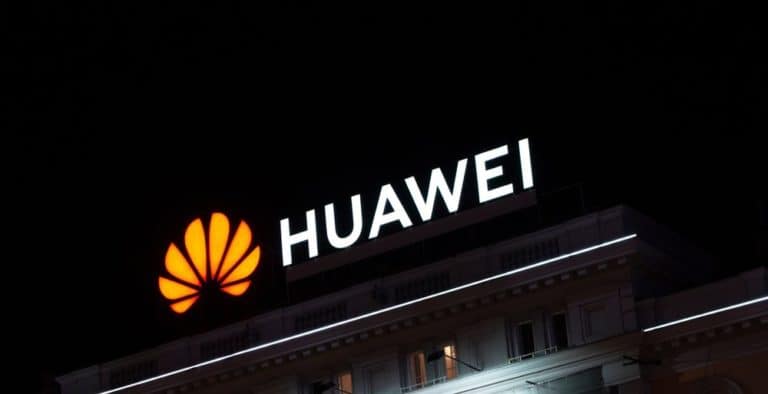The Trump and Biden administrations banned the export of US chips and technology to Huawei, with the restrictions being adjusted multiple times since the initial ban in 2019.
Currently, the Biden administration is reportedly tightening the restrictions even further, with The Financial Times suggesting that the US is aiming for a “total ban” on sales to the company.
Like any other tech company, Huawei relies on components from multiple suppliers to manufacture its smartphones and network equipment. While most manufacturing takes place in China, the options for CPUs are limited.
The tech industry would rather not lose Huawei
US-based companies Qualcomm and Intel have been supplying Huawei with limited government-approved export licenses. The US had allowed the sales of specific components, such as those used for 4G technology, but now these exports may be banned.
The new policy, as reported by Reuters, would “include items below the 5G level, including 4G items, WiFi 6 and 7, artificial intelligence, and high-performance computing and cloud items.”
The tech industry is not in favor of losing a customer like Huawei. The Information Technology and Innovation Foundation, a Washington DC-based think tank supported by big tech companies like Qualcomm and Intel, expressed their concern in a press release.
Entirely cutting off Huawei could be counterproductive, the Foundation says
The Foundation also pointed out that China remains an important market for US technology vendors, accounting for 36% of US semiconductor sales in 2019. Banning exports to Huawei would benefit Chinese technology suppliers and harm their US counterparts.
The ban on new export licenses does not immediately cut off Huawei’s supply chain. The US will only stop granting new licenses, so if it does not revoke existing licenses, Huawei will have a few more months to secure parts until the existing licenses expire.
The exact timeline for when the existing licenses will expire is still being determined, as the information on which licenses were granted and when is private.
